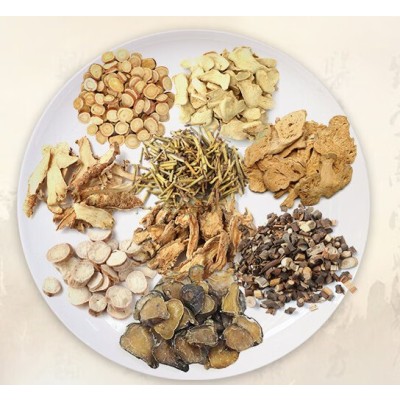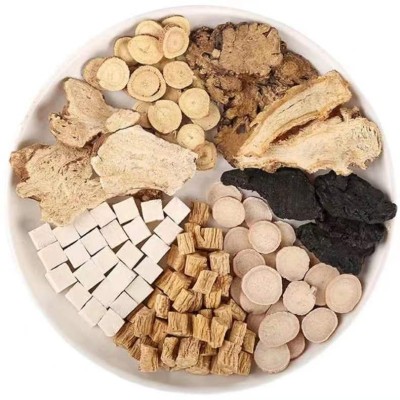The advice for gout patients
The advice for gout patients
For the prevention of gout attacks, gout patients should actively adjust their lifestyle and follow the following ten principles in their daily lives:
1.Abstain from alcohol: Alcohol can affect uric acid excretion, increasing the risk of gout or high uric acid. Ethanol metabolism promotes purine breakdown, raising uric acid levels, and inhibits the kidneys' excretion of uric acid. Therefore, all types of alcoholic beverages should be avoided, not just beer.
2.Reduce intake of high-purine foods: The more high-purine foods consumed, the greater the impact on uric acid levels. Therefore, it is important to control the daily intake of meat, balance it throughout three meals, and moderate the consumption of high-purine foods such as red meat, organ meats, fish, and seafood. Some vegetables also contain high purines, such as cauliflower, spinach, mushrooms, and plant seeds, so their intake should be controlled. Limit the consumption of coarse grains in staple foods, such as corn, buckwheat, and whole grains, as they also contain relatively high purine levels. Gout patients may eat more alkaline foods such as potatoes, cabbage, carrots, and pumpkin to increase urine alkalinity.
3.Avoid vigorous exercise or sudden exposure to cold: Improper vigorous exercise can trigger gout. According to traditional Chinese medicine, gout can be caused by cold and dampness, so it is necessary to add clothing promptly in daily life to avoid exposure to cold.
4.Reduce intake of fructose-containing beverages: Gout patients should avoid sugar-containing beverages such as "high fructose corn syrup" and try to replace fructose-containing beverages with fruits. However, gout patients should consume fruits with high fructose content, especially fruits with high fructose content, in moderation. Recommended fruits for daily consumption include strawberries, oranges, watermelon, and lemons, while lychee, persimmon, waxberry, and pomegranate should be consumed in moderation.

5.Drink plenty of water: Daily water intake should exceed 2000 ml. Drinking plenty of water can dilute urine and relieve gout symptoms.
6.Control weight: Obesity is an independent risk factor for gout. Therefore, weight management is needed. However, weight control is a gradual process, and fasting for rapid weight loss should be avoided because fasting generates a large amount of ketones in the body, hindering uric acid excretion and indirectly increasing blood uric acid levels.

7.Increase the intake of fresh vegetables: Studies have shown that regularly eating fresh vegetables is a protective factor against gout, so the daily diet should include an increased intake of fresh vegetables.
8.Maintain regular eating habits and sleep patterns: Compared to people with irregular eating and sleeping habits, those with regular habits have a 1.6 times higher risk of developing gout/high uric acid. Therefore, gout patients should maintain regular eating and sleeping habits.
9.Regular exercise: Regular and moderate exercise can reduce the frequency of gout attacks. People with high blood uric acid levels should adhere to moderate exercise, with a recommended minimum of 150 minutes of moderate-intensity aerobic exercise per week.
10.Quit smoking: Clinical studies have shown that smokers have a 35% higher likelihood of developing gout/high uric acid than non-smokers, so quitting smoking should be done early.




